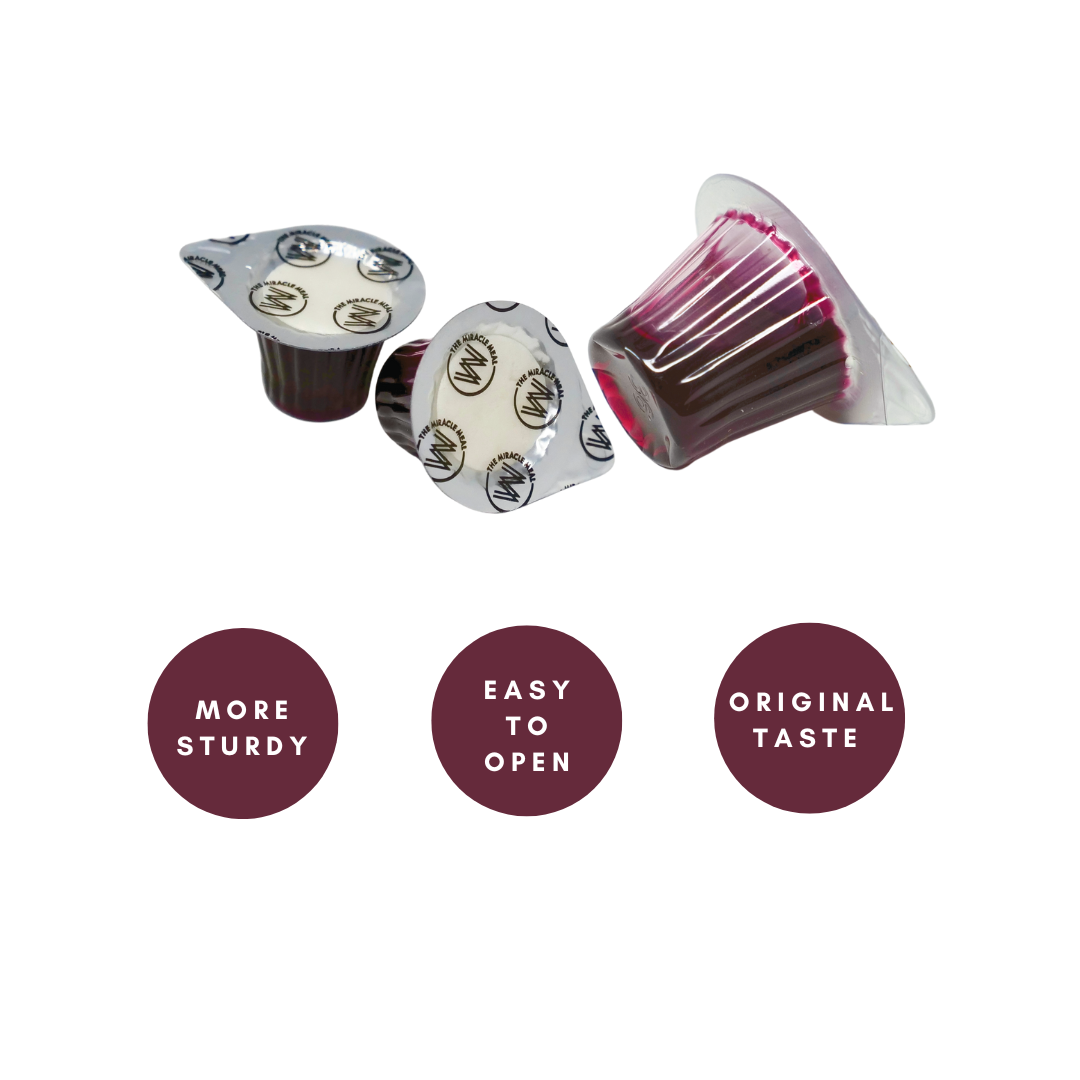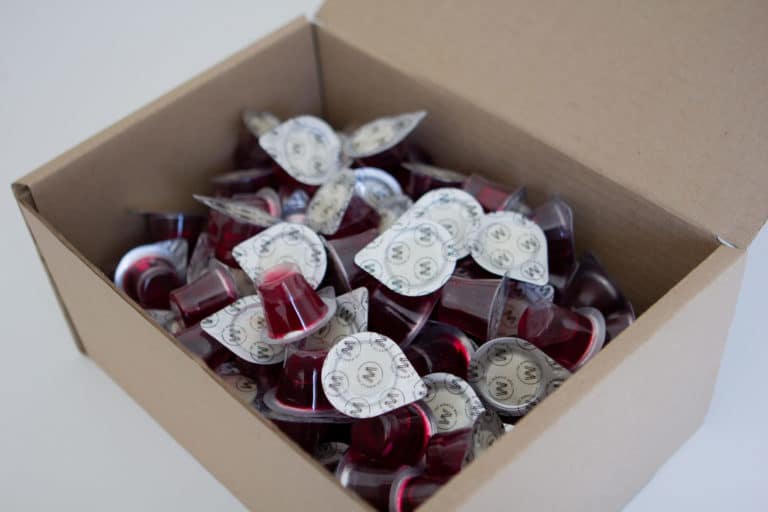Is Drinking From The Communion Cup Safe?
When it comes to the sacred act of communion, the safety of congregants has always been paramount, especially in today’s health-conscious world. As concerns over the transmission of germs and viruses rise, many people find themselves questioning whether drinking from a communal communion cup is still a safe practice. This article delves into the health aspects of this religious tradition and explores contemporary solutions that aim to maintain its sanctity while ensuring the well-being of all participants.
As we explore the safety of drinking from a communion cup, we will examine historical practices, the science behind potential health risks, and how modern advancements like pre-filled, pre-packaged communion cups can offer an innovative alternative. This comprehensive guide aims to provide peace of mind for those looking to honor their faith without compromising their health.
The Traditional Communion Cup
The practice of sharing a communal cup dates back centuries, deeply rooted in Christian tradition symbolizing unity and fellowship. Historically, congregations would gather to partake in the breaking of bread and drinking from a single chalice, emulating the Last Supper of Jesus Christ. The communal cup served as a powerful reminder of spiritual togetherness and a significant ritual in many denominations.
Despite its symbolic importance, the communal cup has faced scrutiny, especially during times of widespread illness. In past decades, outbreaks of various diseases spurred churches to reconsider communion practices. While some congregations opted to continue with the traditional method, others began to seek alternatives to address health concerns.
Modern hygiene standards and scientific understanding have further fueled these concerns. Research indicates that sharing a single cup can pose risks, especially in large congregations where the potential for germ transmission is higher. This has led many churches to explore safer methods without sacrificing the sacredness of the tradition.
The Health Risks
Scientific investigations have raised questions about the safety of shared communion cups. Studies have shown that communal cups, especially those made from materials like metal or glass that retain moisture, can harbor bacteria and viruses. While most congregants believe that the alcohol content in sacramental wine can kill pathogens, it may not be sufficient to eliminate all germs.
Infections such as the common cold, influenza, and even more severe illnesses have the potential to spread through shared communion cups. Saliva residue left on the cup rim can carry a variety of pathogens, increasing the risk of transmission. Even with frequent cleaning and disinfecting between each use, the possibility of cross-contamination remains.
Furthermore, immune-compromised individuals, the elderly, and young children are particularly vulnerable. During flu seasons or pandemics, like the recent COVID-19 outbreak, the risks become even more pronounced. Health experts and religious leaders alike have recognized the need for safer communion alternatives to protect congregants while preserving the essence of the ritual.
Modern Solutions
In response to these health concerns, many churches and religious communities have turned to innovative solutions like pre-filled, pre-packaged communion cups. These cups offer a safer and more hygienic way to partake in communion, without diluting the spiritual significance of the act. Pre-packaged cups come with a sealed wafer and juice, ensuring that each participant receives an untouched, sanitary portion.
One of the major advantages of these modern communion cups is their convenience. No preparation is needed, and the packaging is designed for easy and virtually silent opening. The top film exposes the wafer, while the middle foil seal reveals the juice. This design minimizes disruption during the service and allows for a smooth, respectful experience.
Additionally, these cups boast a shelf life of one year, making them a practical choice for congregations of all sizes. Many pre-filled communion cups, including those offered by businesses like The Miracle Meal, are also made with recyclable plastic, which addresses environmental concerns while maintaining convenience. Overall, such solutions provide a comprehensive answer to the safety concerns associated with traditional communion methods.
Conclusion
The question of whether drinking from a communion cup is safe has become increasingly relevant in today’s health-conscious society. While the traditional communal cup carries deep spiritual and historical significance, the potential for germ transmission prompts the need for safer alternatives. Pre-filled, pre-packaged communion cups offer a modern solution that ensures both the sanctity of the ritual and the health of the participants.
For those seeking a secure, hygienic way to observe communion, we encourage you to explore our selection of pre-filled, pre-packaged communion cups. These innovative cups allow worshippers to maintain their spiritual practices while ensuring peace of mind regarding their health and safety. Shop our range today and experience a new, safer way to partake in this sacred tradition.






